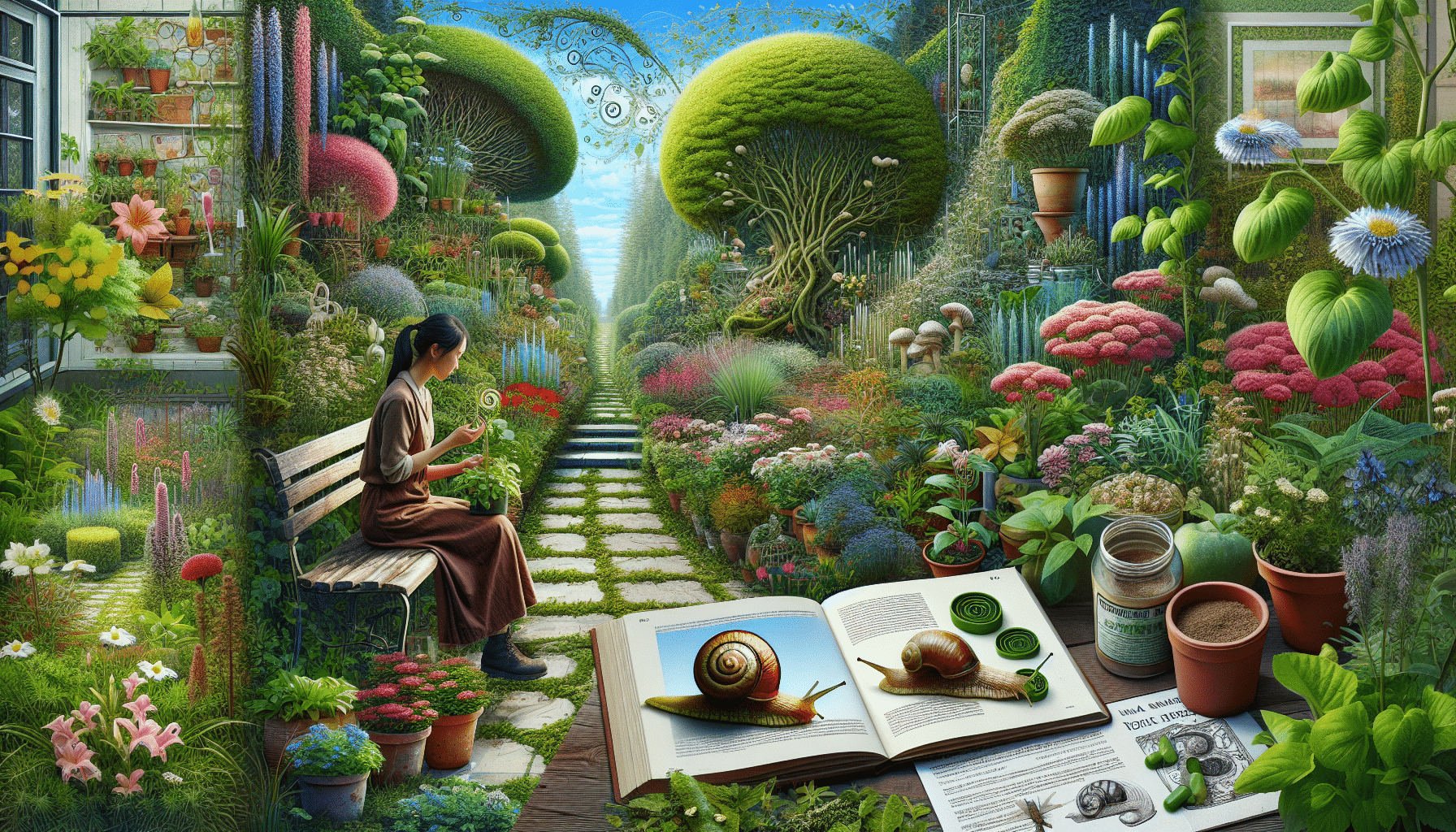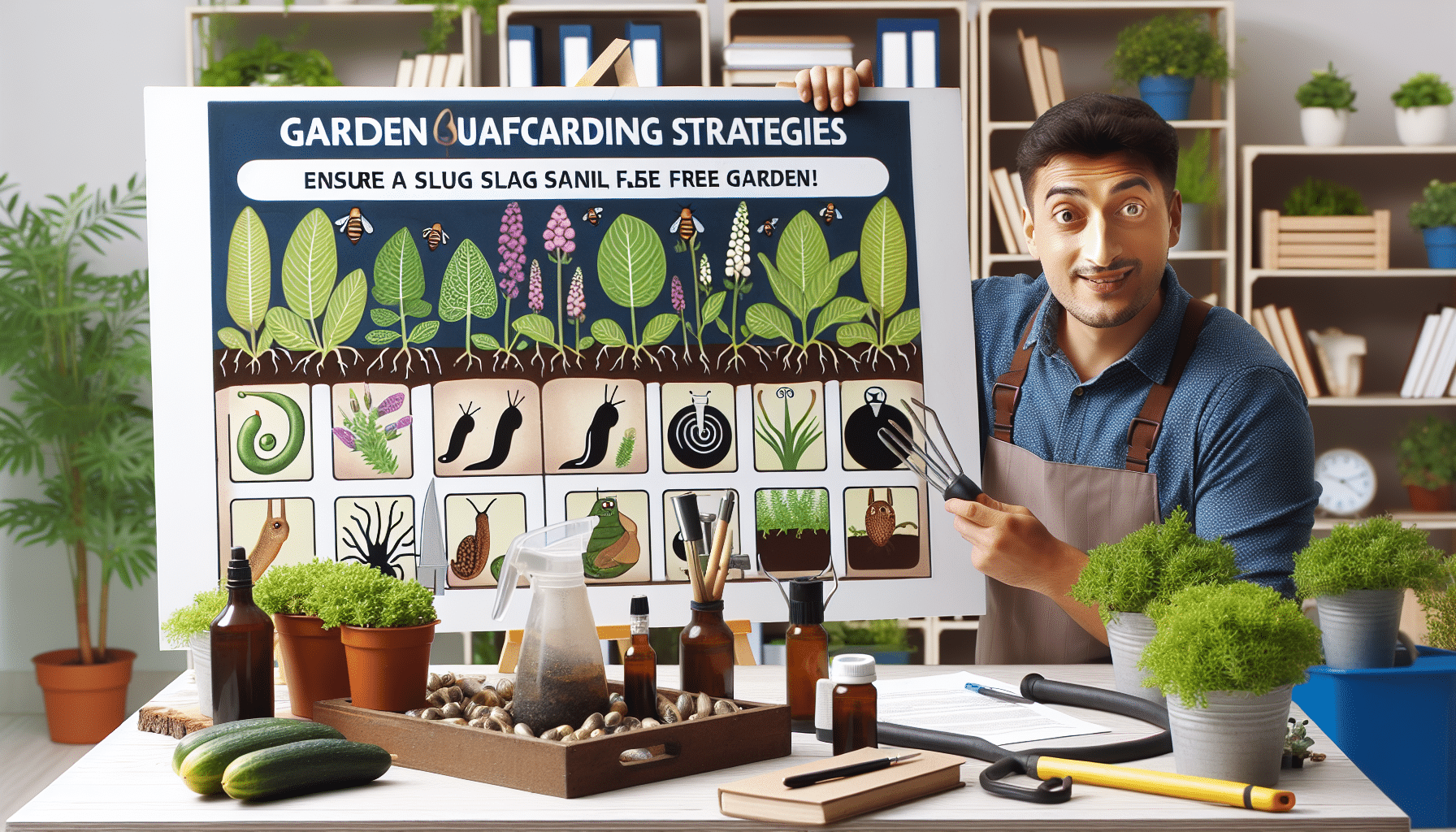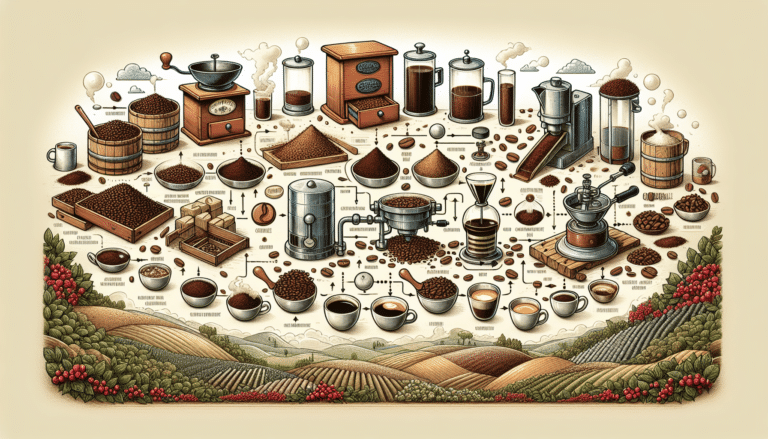Dealing with Slugs and Snails in Your Garden: Tips from Our Expert Horticulturalist
Well, fellow green thumbs and garden warriors, ready to dive into the thrilling world of sluggish intruders? Give a leafy welcome to our ultimate slug and snail showdown! Buckle up as our expert horticulturalist spills the soil on savvy strategies to reclaim your veggies and flowers. From barrier-building to beer traps (yes, your gastropods might just be party animals!), we’ve got the fun yet effective tips to make your garden a no-slime zone. Let’s get growing without these slimy party crashers! 🌿💪🐌
Understanding the Slug and Snail Menace

Slugs and snails are not just slimy nuisances; they can wreak havoc in your garden by munching on leaves, flowers, and even vegetables. These gastropods thrive in moist environments and their activity can lead to significant damage to a wide variety of plants.
The Role of Natural Predators
Nature has its own way of balancing things out. Introducing natural predators like birds, beetles, and certain species of frogs can help keep the slug and snail population under control. These predators are beneficial to the garden ecosystem and can reduce your reliance on chemical treatments.
Creating Barrier Solutions
Physical barriers can be incredibly effective in protecting your garden from slugs and snails. Consider using copper tape around the base of plant containers, which gives a small shock to these pests. Diatomaceous earth and crushed eggshells can also form abrasive barriers that deter slugs and snails from crossing.
Choosing Resistant Plant Varieties
Some plants are less appealing to slugs and snails due to their texture or taste. Opting for slug-resistant varieties can naturally reduce the damage in your garden. Ferns, geraniums, and certain herbs like rosemary and lavender are known to be less attractive to these pests.
Utilizing Biological Controls
Biological control methods are an environmentally friendly way to manage garden pests. Nematodes, microscopic parasites that are harmless to humans and plants, can be introduced into the soil. These nematoads specifically target and kill slugs, offering a natural solution to keep their numbers in check.Gems: Spotlight on the Leopard Slug
Among the many types of slugs, the leopard slug, or Limax maximus, deserves special mention. This species not only preys on other problematic pests in the garden, such as smaller slugs, but also consumes decomposing matter, thereby contributing to nutrient cycling in the ecosystem. Remarkably, the leopard slug can extend up to 20 cm in length and is known for its distinctive grey-brown body adorned with black spots and stripes.







